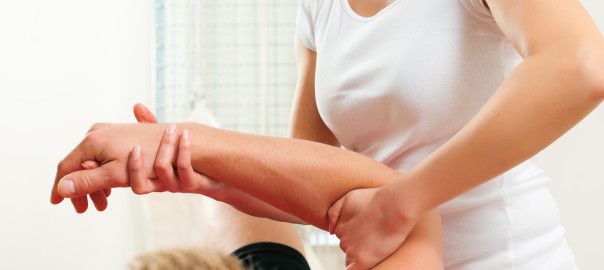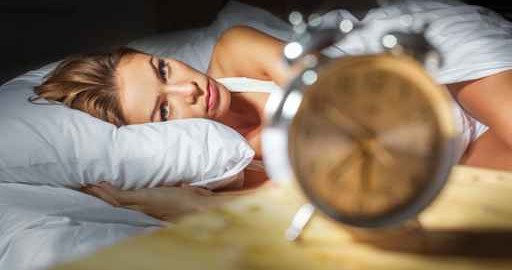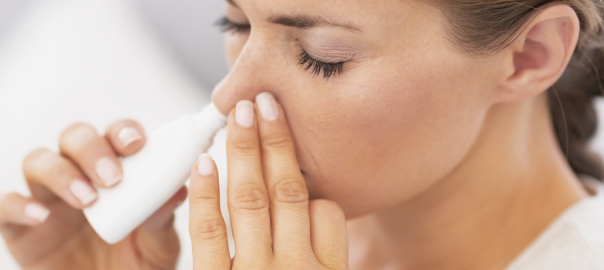There’s nothing worse than living with chronic pain, and headaches can be one of the most challenging. When a severe headache strikes, it’s debilitating and can force you to do nothing but lie still in a darkened room until the worst of the effects pass.
Thankfully, most chronic headaches are not quite that painful, and they can be more of a “headache behind the eyes” or a mild, throbbing headache than the most severe headache you’ve ever had. Let’s take a closer look at what causes chronic headaches and explore methods of treatment for them.
Causes of Chronic Headaches
Before we get into what causes chronic headaches, we should define what they are. In headache terms, chronic means you experience headaches at least 15 days per month for at least three months. This is different from a migraine or other types of acute headache, which strike hard and then disappear. But chronic headaches are no less difficult to live with, whether you experience them as a headache behind the eyes, a throbbing headache or a pressure headache.
There can be many causes for this type of headache, but here are some of the more common triggers:
- Muscular tension, often linked to posture, is one of the most common causes of tension headaches.
- Stress is another big contributor to chronic headaches.
- Eye strain can cause tension headaches, and if you routinely experience headache behind the eyes, you might need to have your eyes tested.
- Dehydration, alcohol consumption and caffeine can all cause or worsen headaches behind the eyes.
- Tiredness is another factor, and if you routinely experience pressure headaches when you’re tired, then you might simply need a little more sleep.
- Environmental factors like heat, cold or wind.
The good news is that tension headaches or pressure headaches that typically cause chronic headaches are rarely a sign of something more serious. So while they do need to be treated to improve your quality of life, they are generally manageable with the right treatment methods.
Treatment for Chronic Headaches
Treatment for chronic headaches can be tricky because they are so frequent. While your doctor may advise you to take over-the-counter painkillers such as acetaminophen or ibuprofen, you can’t take these types of medications every day. Overuse of these medications is bad for certain organs and may actually cause headaches.
If you do take painkillers, try to limit them to days when you genuinely need them, rather than taking them every day. Do not take them as a preventive measure.
Dealing with stress is a good way to treat chronic headaches, which can be linked to stress. Neck massages, physiotherapy, shoulder massages and acupuncture can all loosen tight muscles that are causing headaches.
Exercise and cognitive behavioral therapy that teaches you to actively alter your habits and lifestyle can also be effective treatments for chronic headaches, as they can help you make lifestyle changes that reduce or limit your pain.
Most people find that a combination of therapies, avoiding the things that trigger their headaches, and ongoing pain management treatments like physiotherapy and acupuncture are the best solution for their pressure headaches. So it may simply be that you need to find the right mix of therapies.
















